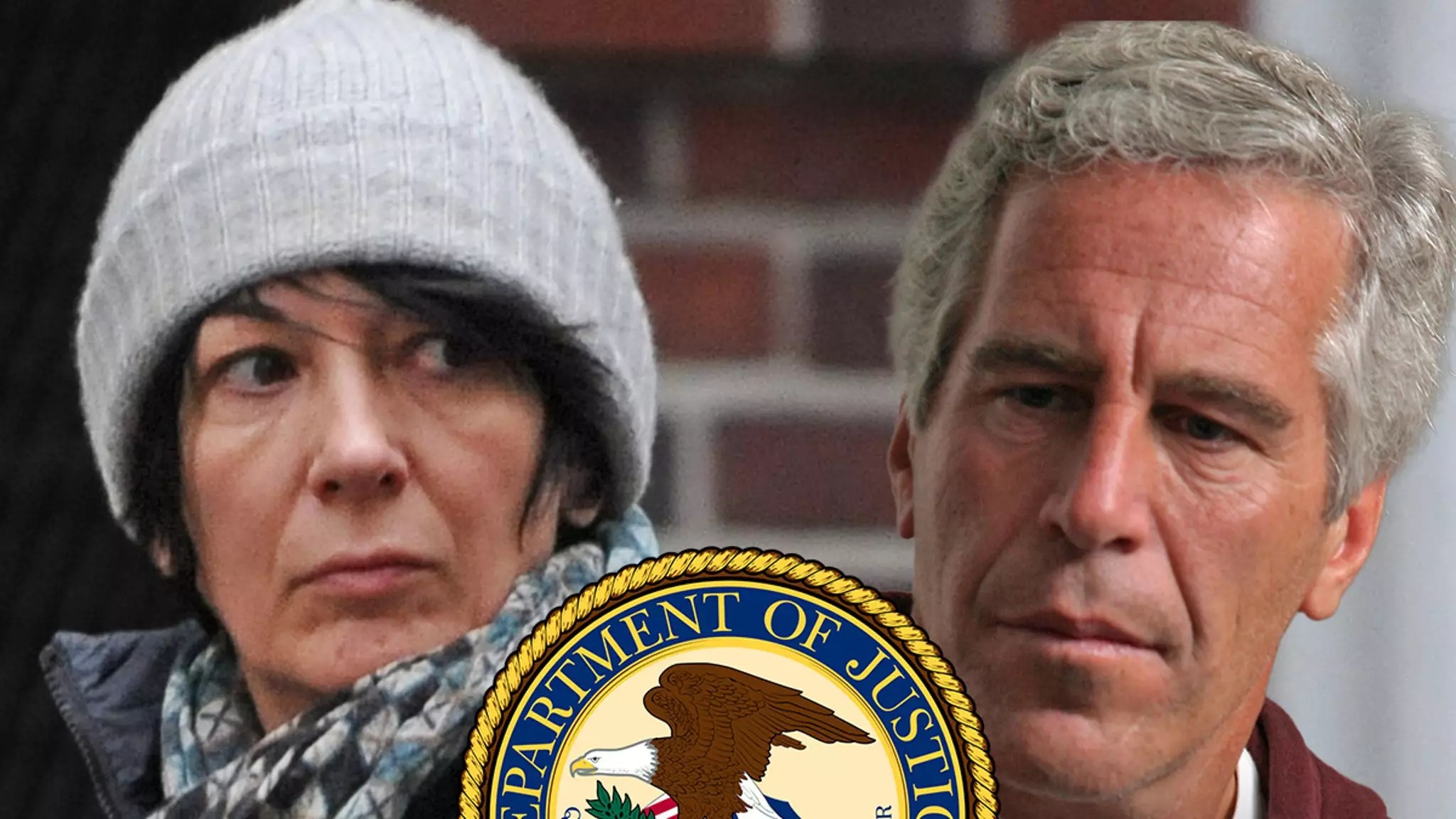Ghislaine Maxwell’s recent cooperation with federal authorities marks a pivotal moment in the ongoing investigation into Jeffrey Epstein’s criminal network. Her decision to sit for two days of questioning, reportedly with limited immunity, underscores both her willingness to divulge information and the gravity of her potential knowledge. Unlike her previous silence during her 2021 trial, this interview suggests a shift—perhaps a strategic move to influence public perception or to uncover truths that could implicate others. The fact that she answered questions about around 100 individuals associated with Epstein hints at a complex web of relationships, some of which may have remained hidden for years.
This event also raises questions about the broader implications for justice. Maxwell’s cooperation could potentially expose high-profile figures or lesser-known accomplices, reshaping narratives about the extent of Epstein’s influence. The setting—an FBI courthouse in Florida—symbolizes a resilient pursuit of accountability, yet the surrounding media and public curiosity also highlight the delicate balance between justice and sensationalism. Whether her revelations will substantively alter the ongoing investigations remains uncertain, but her willingness to speak contrasts sharply with her prior silence, indicating a possible acknowledgment of accountability or strategic remorse designed to mitigate her own legal jeopardy.
The Power Dynamics and Public Outcry
The intense scrutiny, exemplified by a plane flying a banner accusing political figures like Trump and Bondi of protecting predators, illustrates the polarized climate in which this investigation unfolds. It reflects a societal desire for transparency but also fuels conspiracy theories and partisan accusations. Maxwell’s interview—her first direct engagement with federal investigators—serves as a focal point for public debate over whether justice is truly being pursued or if powerful interests are shielding certain individuals.
Her prior conviction for recruiting victims reveals her direct involvement in Epstein’s exploitation scheme, yet the unfathomable scope of her knowledge suggests that her cooperation could go far beyond her previous testimony. The uncertainty about what she disclosed leaves a tantalizing gap—did she reveal details about influential clients, hidden locations, or clandestine arrangements? The answers could have profound implications, potentially dismantling a layer of secrecy that has persisted for years. However, skepticism persists: some view Maxwell’s cooperation as a calculated move to lessen her sentence or protect herself from a harsher fate.
The Broader Cultural and Political Context
This latest development must be viewed within a larger cultural framework—one marked by a mix of genuine outrage, media spectacle, and political posturing. The Epstein saga exposed uncomfortable truths about the intersection of wealth, power, and abuse, challenging societal norms that often minimize or dismiss such allegations. Maxwell’s cooperation signals a potential breakthrough, yet it also invites speculation about how much information she is willing or able to share.
The investigation’s trajectory remains uncertain amid accusations of systemic complicity and political interference. The Trump administration’s handling of the case and the public’s persistent calls for accountability reflect a society eager to confront uncomfortable truths. Maxwell’s interviews, therefore, are not merely legal proceedings but symbolic battles over transparency, justice, and the reckoning with a clandestine world of abuse and exploitation. As the revelations potentially unfold, they may hold the power to reshape public understanding of one of the most notorious criminal cases of recent history, exposing the rot at the heart of a seemingly untouchable elite.







Leave a Reply